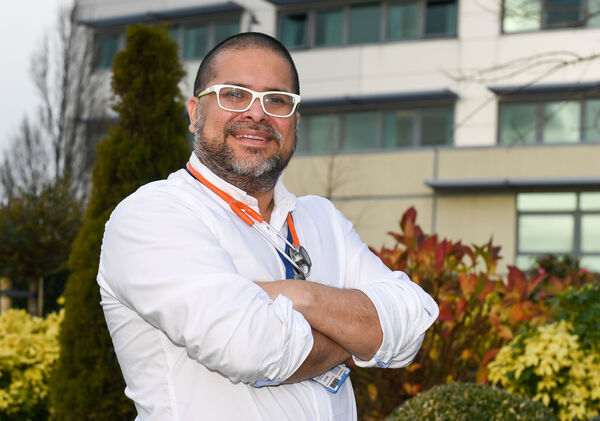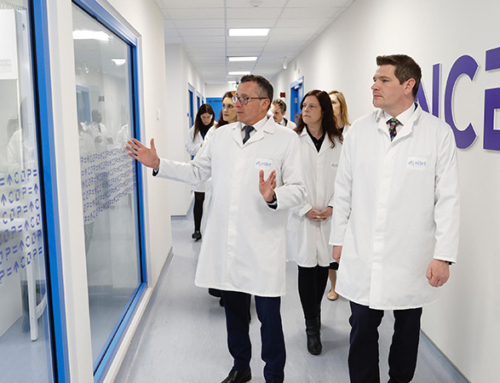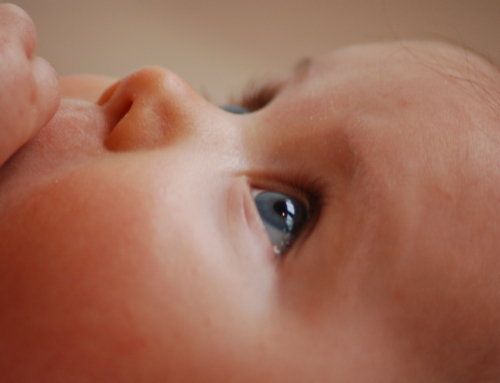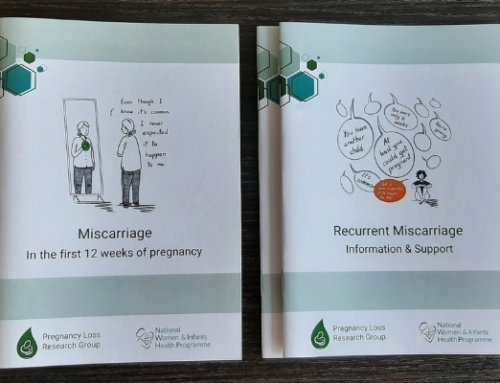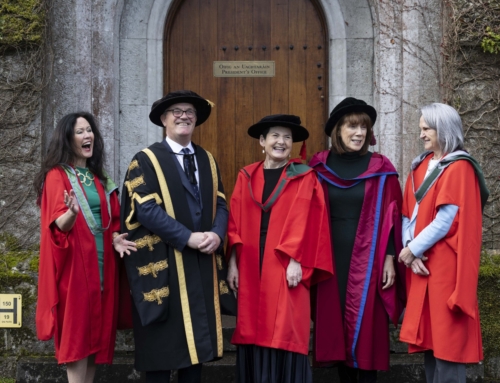With the support of the National Dairy Council and Dairy Research Ireland, INFANT’s Dr Juan Trujillo, Senior Lecturer in UCC and Consultant paediatric allergist at Cork University Hospital, is the lead investigator on the COWS project, a study that aims to compare three different strategies that will help milk protein allergy (CMPA) patients reintroduce milk into their diet.
Usually diagnosed before a child reaches their first birthday, CMPA is one of the major complaints in the allergy clinic and impacts the well-being of patients and their caregivers.
Cow’s milk protein allergy is considered one of the major complaints in the allergic clinic.
Usually diagnosed before a child reaches their first birthday, it increases the burden on the patient and their caregivers.
The most common strategy employed in Ireland to treat CMPA is the Milk ladder, which incrementally reintroduces milk over time.
However, in other parts of the world, strict avoidance of cow’s milk is practised, and only reintroduced several years later depending on laboratory allergy parameters.
Alternative methods of treatment, including the administration of a limited amount of pasteurized milk in clinics, with subsequent doses administered at home, are employed in hospitals such as Miguel Servet in Zaragoza, a global leader in CMPA treatment.
As such, Dr Trujillo’s research will examine the three different approaches used to treat CMPA in order to form a greater understanding of how to handle the disease in future. This, he hopes, will also open doors for future research projects that could focus on egg allergy research.
Our research study will compare the three different strategies for the reintroduction of milk in CMPA in two Spanish hospitals, along with Cork University Hospital.
The treatment of allergies is not written in stone, several new approaches to target the way that allergies behave have been released in the last decade.
This study is part of my PhD research, and it has become an important part of my life during the last couple of years.
Dr Trujillo’s team includes medical students and research assistants from Spain and Ireland. Together, they have been working to collect data for much of the last twelve months.


